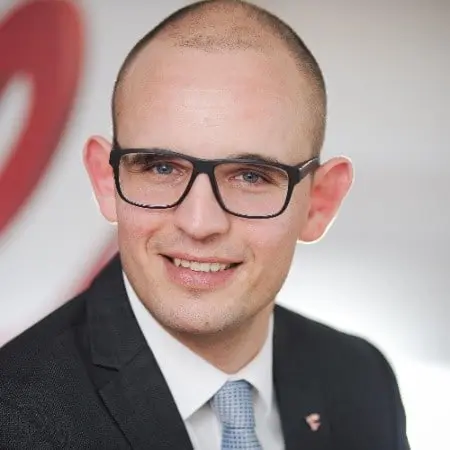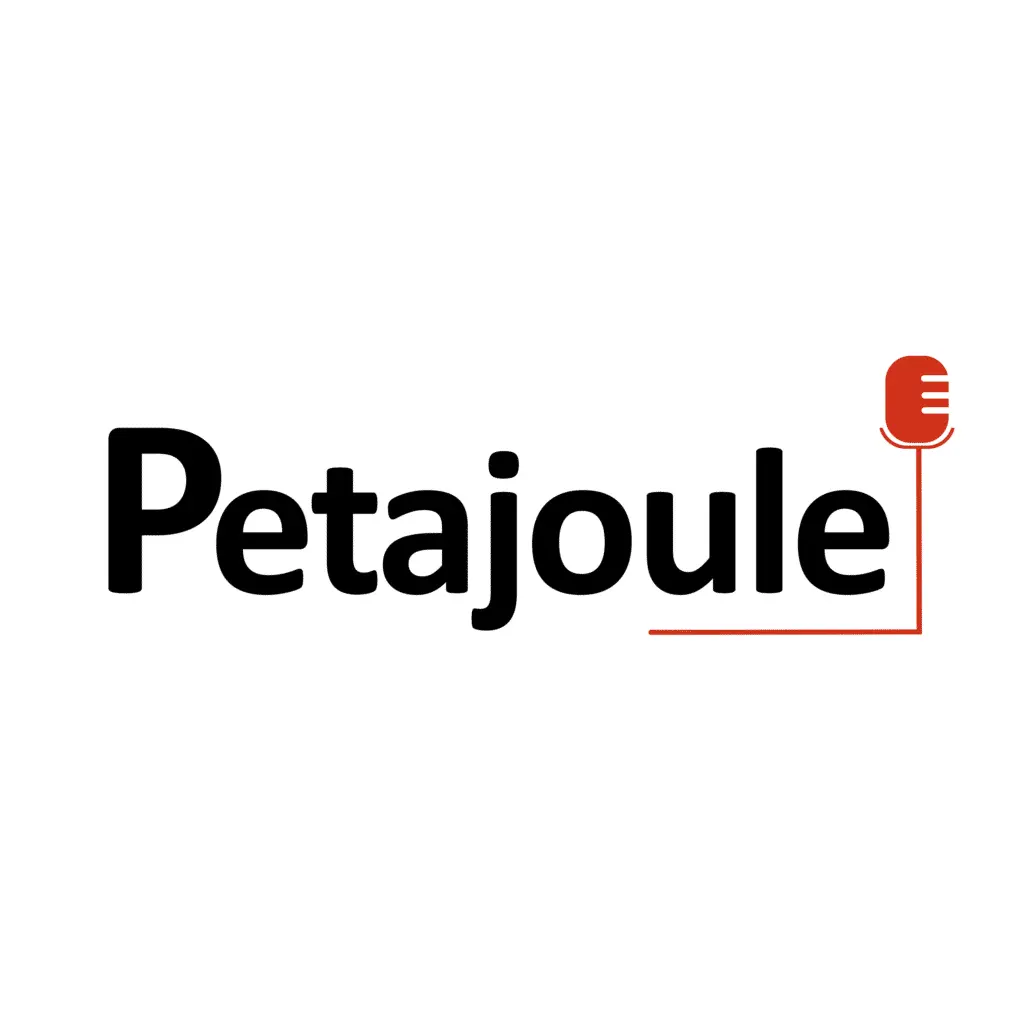
At the Digital Leadership Forum, Klaus Kraigher, Head of Communication at Energie Agentur Österreich, will chair a roundtable discussion on podcasts. Volker interviewed Klaus and asked about his experiences with their podcast Petajoule.
Can you tell us a little bit about your podcast,
the content and strategy behind it?
We see our podcast Petajoule as a tool to address our stakeholders. The aim is to reach Austrian decision makers in the energy sector.
As you can easily imagine, these decision makers are much sought-after people, all of them confronted with an overwhelming amount of information, but they have little time. So another evening event with panel discussion was not an option for us and we had to look for more innovative methods.
We would like to reach these people with highly complex and often controversial topics and draw their attention to the Austrian Energy Agency, its services and experts. And we would like to do this when the target group is receptive to it.
This is why we have taken the Austrian Energy Agency’s strategy “We provide answers for a climate-neutral energy future” literally and launched Petajoule – the first Austrian podcast on energy.
How does the production process work in your organization?

We started in 2019: From the logo to the editorial plan, we did everything in-house and then launched Season 1. In 2020 we decided to do another season due to the success. Our goal is to produce about 10 episodes per season.
The most time-consuming part is often the search for a recording date with our guests. Of course there is also a lot of brain power in the conception of the episodes, the creation of a rough outline of the discussion and the briefing with guests. The recording itself takes about an hour and it takes place in our office, in any meeting room that is currently available. For the editing, processing, putting online and answering comments, as the podcast is now well shared, we need a maximum of two days.
What are your top tips for organizations considering a podcast?
Think carefully about who you want to address and whether you have content for this target group or how complex it is to create this content. The Austrian Energy Agency, for example, has around 80 employees from a wide range of disciplines who provide scientific advice to politics, business, administration and international organisations. We can therefore access a wide range of projects, papers as well as studies and use this knowledge for the podcast. This works well because we explicitly address a expert audience. If, on the other hand, you have to research each episode of a podcast from scratch, and perhaps also produce it in a more entertaining way for a broad audience, the effort increases enormously.
Another important point: Define a communication strategy or measures to make your podcast known to the desired target group.
A podcast lives from authenticity and in our case from in-depth expert know-how. A little slip of the tongue and a few “uh’s” are ok. We only cut larger verbal mishaps. And: Think carefully about how you deal with approval processes – because subsequent change requests are difficult to implement.
Which equipment are you using for the podcast?
We use USB-Micros, which we have ordered from Amazon, and Adobe Audition. Important is the podcast hosting platform, were we rely on Podigee.
Thank you, Klaus, for the interview.